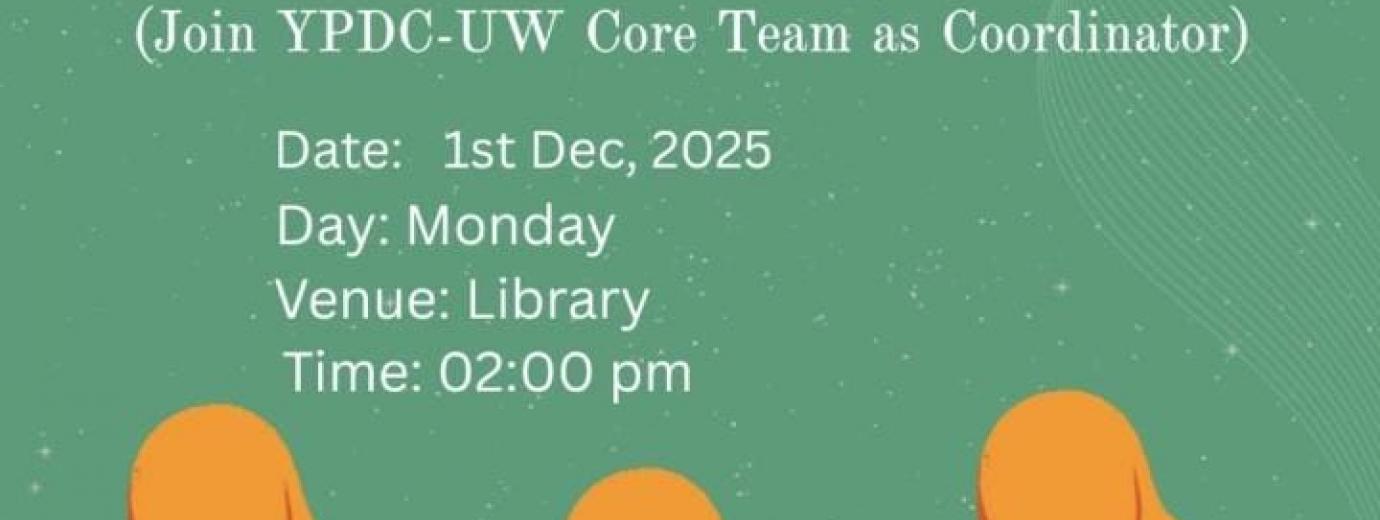Legal Reforms introduced by Government of the Punjab on 8th March, 2012 and notified subsequently:
Amendment in Inheritance Laws
It was observed that rights of female heirs are not properly safeguarded due to existing lacunas in the laws and rules governing land administration. Hence, after sanctioning of inheritance mutation, commencement of proceedings for partition of joint holding without submission of application has been made mandatory upon Revenue Officers through Punjab Land Revenue (Amendment) Act 2012. Punjab Assembly passed the amendment bill on Dec 27, 2012 and the Act was notified on January 5, 2013. This is a landmark step for protection of right to property, in general, and for women’s right to property, in particular.
Following amendments have been made in the Punjab Land Revenue Rules 1968 vide Board of Revenue notification No. 2052-2012/777 dated Sep 3, 2012 to safeguard property rights of female heirs:
- Upon the death of a land owner, the Revenue officer shall record the statements of at least two respectable persons in respect of legal heirs of the deceased.
- Reference to CNIC and B form has been made mandatory while sanctioning inheritance mutation so as to ensure that no legal heir is deprived of his/her fundamental right to property.
Penal Action against Delinquent Revenue Officers
Historically, when inheritance mutation is sanctioned without legal heirs, aggrieved parties agitate at different forum at a later stage. There was a need to ensure that there is appropriate operation against those delinquent officers who due to collusion, non-exercise of due diligence or malafide intention deprive a legal heir of his/her right or award less share or less valuable land in the mutation/partition. Accordingly, in order to create institutional accountability against any malfeasance or abuse of authority, through amendment in Punjab Land Revenue Rules 1968, District Enforcement of Inheritance Rights Committees have been constituted in every district of the province with the following salient features:
- The committee comprises DCO, District Attorney, District Public Prosecutor, ADC(R) and Assistant Commissioner of the concerned sub-division.
- If any appellate or revisional authority dealing with inheritance mutations finds that any of the legal heirs was deprived of his/her fundamental right of inheritance during sanction of mutation, the appellate/revision authority, while passing the order for correction of mutation, shall send a copy of the same to the Committee.
- The Committee will scrutinize the facts reported in the order of the appellate/revision authority and upon ascertaining that a legal heir was deprived of inheritance right due to malafide intention or negligence of the Revenue Officer or any other person it may order penal or disciplinary action.
- The Committee shall meet at least once in a month. Minutes of each meeting shall be sent to the Chief Secretary, SMBR, DG Anti-Corruption and the concerned Commissioner.
Urban Immovable Property
Inordinate delays were caused in partition cases in urban areas in the past scheme of things. Punjab Partition of Immovable Property Bill 2012 has been enacted for expeditious partition of immovable property and alleviate the suffering of joint owners specially women due to protracted litigation. The bill was passed by Punjab Assembly on Dec 27, 2012 and the Act was notified on Jan 5, 2013. Partition Act of 1893 has simultaneously been repealed.
Salient features of the new law are as follows:
- A joint owner may file a suit for partition of joint urban property by making all the co-owners as respondents/defendants in the suit. The Court shall immediately serve a notice not later than ten days, on the defendants / respondents to submit private settlement.
- If the parties submit the private settlement, the Court shall incorporate such settlement as decree of the Court. If all the parties agree on partition of the joint property through appointment of local commission, the Court shall appoint local commission for partition of the property.
- If any party objects to partition of the joint property, the Court shall proceed to auction the property amongst the co-owners after fixing the base price. If a co-owner fails to pay the price in case of being successful in this limited auction, he shall be debarred from participation in the next restricted auction of the joint property amongst the co-owners. If the co-owners fail or refuse to participate in restricted auction, the Court shall order open auction of the joint property giving the co-owner right to participate in open auction.
- If any person disputes, title or share in the joint property, the Court shall decide such question before resorting to auction of the joint property. The parties may, at any stage of proceedings before any successful auction, enter into private settlement and the Court shall give effect to such settlement.
The Court shall finally dispose of the suit / proceedings or partition / sale of joint urban property within six months from the date of institution of the suit. Failing which, the Court shall submit the case to the District judge seeking extension of time for disposal of the suit / proceedings. The District Judge may, grant extension in time for disposal of the suit/proceedings taking into consideration the facts and circumstances of the case.
Fee Waiver
- Stamp duty has been waived for partition made effective due to inheritance for both rural and urban properties. Token charges amounting to Rs.500 per mutation have been imposed replacing 2% stamp duty.
- Registration fee on documents pertaining to partition of inherited property has been waived off vide notification No. 1823-2012/1202-ST(I) Dated 13-08-2012 by Board of Revenue, Punjab.






